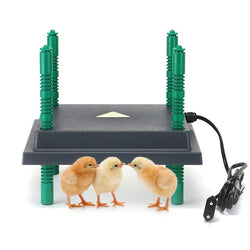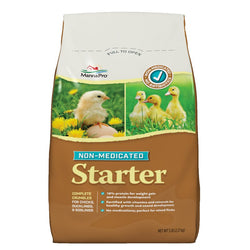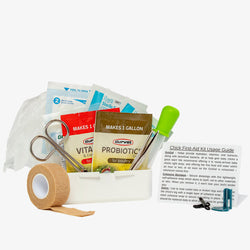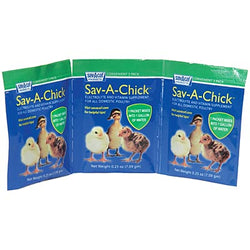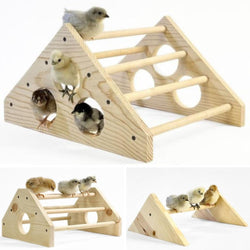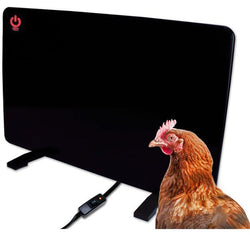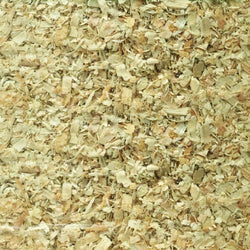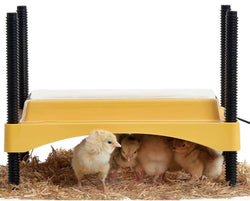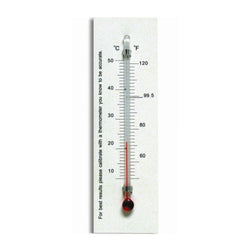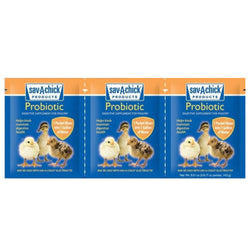How do I raise show quality chickens?
Back to blog
Well, it helps to start with good stock. Have a look at our special lines that are more likely to produce show quality prospects. You may also find good lines with specialized breeders. Just keep in mind that even with the very best lines, not every bird is going to be a winner of shows, not even for experienced exhibitors.
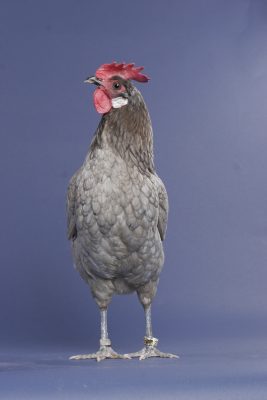
Once you've got your stock, you'll want to provide high-quality food, and you may even want to weigh your birds frequently as they grow to make sure they're putting on weight fast enough---but not too fast! Make sure you're familiar with the breed standards, so you'll know what judges are looking for. Those standards include things like weight, leg color, earlobe color, number of toes, comb type, etc. but also sometimes things like the number of points on a comb, the shape of the body, how loose or tight the feathering is, and even the angle of the tail.
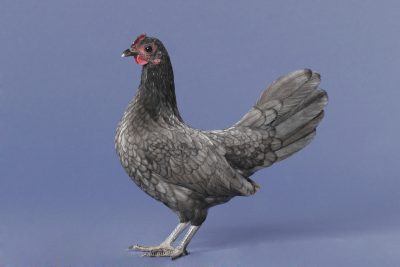
You don't want a skinny bird if your breed is meant to be fat---or a fat breed if your breed is meant to be skinny!

For those birds you've singled out as your best prospects, you'll want to take special care that you raise them in conditions that keep them out of any mud. You'll have to pay strict attention to anything that might negatively affect feather quality, including pecking order stress, mites, lice, and even overly lusty roosters that wear or break feathers. You'll also want to get them used to traveling and being handled, so show day will not be such an unfamiliar experience to them---that way they'll be calm and easily inspected when judges come around.
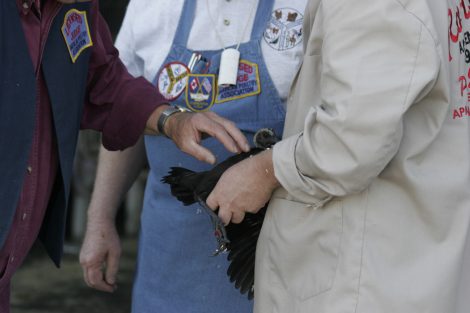
On show day, many exhibitors will shampoo the birds and/or provide a feather conditioner to give the feathers a sheen. You might trim toenails, moisturize comb and wattles, or even polish beaks!
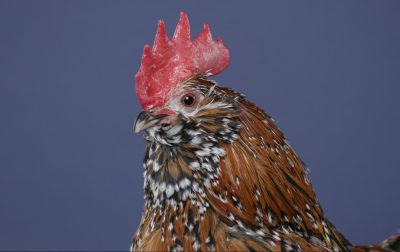
And remember, when your birds come home again after the show, you'll want to keep them in quarantine, away from the rest of your flock, for at least 30 days. This is to make certain that if your bird gets ill or mite-ridden, etc.---in other words, if not every exhibitor is not as responsible as you, or if their sick bird was asymptomatic at the time of the show---you can focus on treating your show bird and helping him or her get better rather than your entire flock!

Once you've got your stock, you'll want to provide high-quality food, and you may even want to weigh your birds frequently as they grow to make sure they're putting on weight fast enough---but not too fast! Make sure you're familiar with the breed standards, so you'll know what judges are looking for. Those standards include things like weight, leg color, earlobe color, number of toes, comb type, etc. but also sometimes things like the number of points on a comb, the shape of the body, how loose or tight the feathering is, and even the angle of the tail.

You don't want a skinny bird if your breed is meant to be fat---or a fat breed if your breed is meant to be skinny!

For those birds you've singled out as your best prospects, you'll want to take special care that you raise them in conditions that keep them out of any mud. You'll have to pay strict attention to anything that might negatively affect feather quality, including pecking order stress, mites, lice, and even overly lusty roosters that wear or break feathers. You'll also want to get them used to traveling and being handled, so show day will not be such an unfamiliar experience to them---that way they'll be calm and easily inspected when judges come around.

On show day, many exhibitors will shampoo the birds and/or provide a feather conditioner to give the feathers a sheen. You might trim toenails, moisturize comb and wattles, or even polish beaks!

And remember, when your birds come home again after the show, you'll want to keep them in quarantine, away from the rest of your flock, for at least 30 days. This is to make certain that if your bird gets ill or mite-ridden, etc.---in other words, if not every exhibitor is not as responsible as you, or if their sick bird was asymptomatic at the time of the show---you can focus on treating your show bird and helping him or her get better rather than your entire flock!
